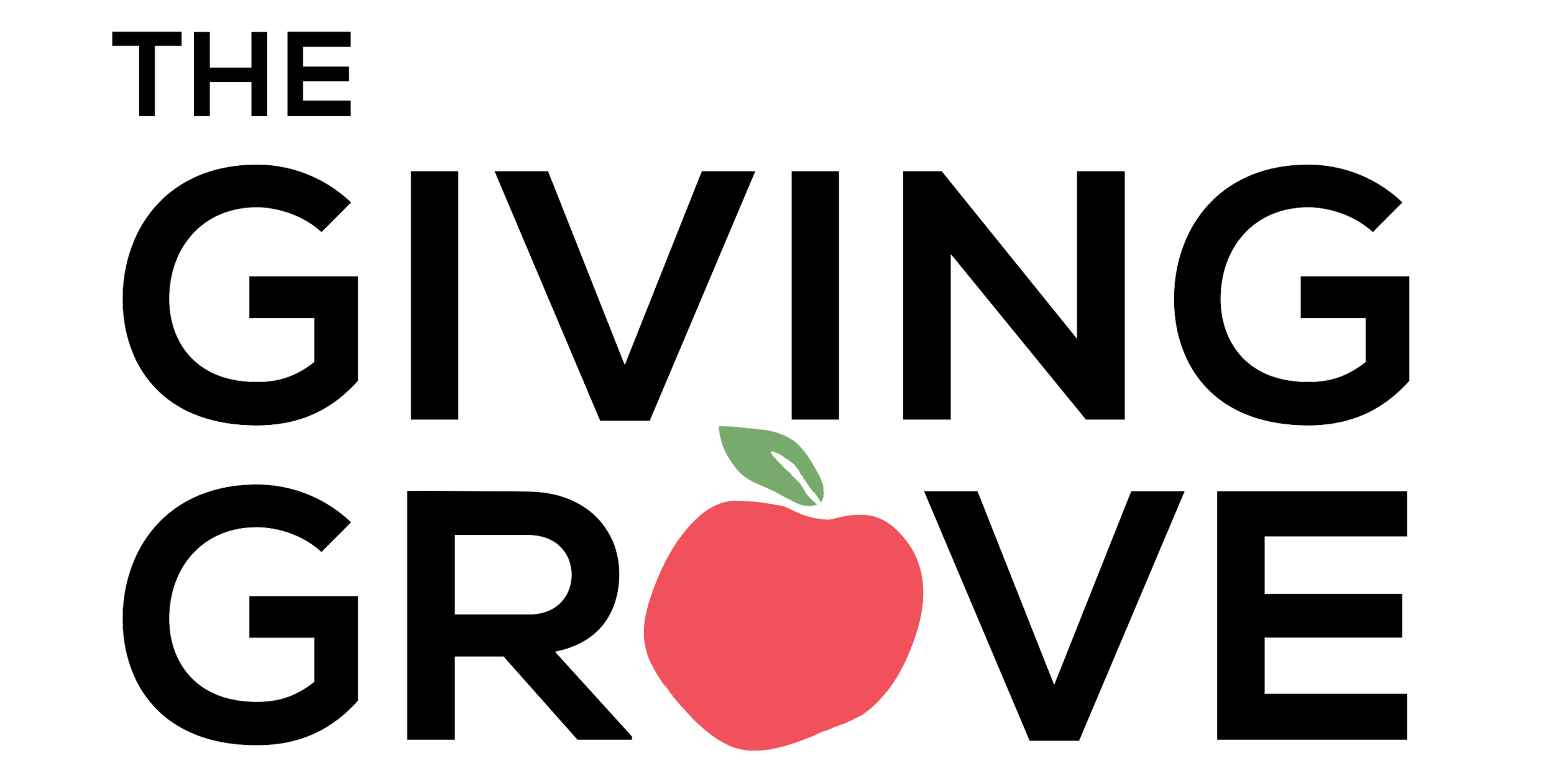Anti-Hunger Policy & NPOs
A Necessary United Front to End Hunger in America
The Giving Grove recently hosted Joel Berg, CEO of Hunger Free America, and local anti-hunger advocates, organizations, and elected officials for a discussion on ending food insecurity. Hunger Free America is a nonpartisan, direct service and advocacy organization, “working to enact the policies and programs needed to end domestic hunger.” The forum was part of Joel’s 20-state, 8,000-mile, coast-to-coast tour to raise awareness of the nation’s continuing hunger crisis and bring attention to public policy solutions.
During Joel’s remarks, he complimented the organizations and individuals dedicated to this critical work – encouraging perseverance despite the roadblocks they may face. However, he also challenged them to recognize the critical need for policy and legislation to address systemic hunger and poverty. Non-profit organizations and agencies play a vital role, but they cannot fully eradicate this crisis on their own, Joel emphasized. According to Joel’s calculations, the dollar amount of paid food provided to low-income Americans by the federal government safety net programs (such as SNAP, WIC, school lunch programs, etc.) equaled about 15 times the dollar amount of food provided by every food charity in America.
“In 2020, 13.8 million households were food insecure and 5.1 million households had very low food security, according to the USDA. Most were working families whose incomes did not fully cover the cost of basic necessities, including food. It was also reported Black households had triple the rate of food insecurity as white households (21.7% compared to 7.1%) and Latinx households had double the rate (17.2%). These figures represent the inequalities many families face every day and the systemic barriers to healthy and accessible foods.”
Undoubtedly, the COVID pandemic initially exacerbated the hunger crisis for millions of Americans, pushing many at-risk individuals and families over the edge. However, the massive infusion of federal food support – in addition to federal cash payments to struggling households– enabled families to access more food. Between February 2020 and May 2021, USDA SNAP spending more than doubled, providing $10 billion worth of food in the month of May alone. According to the Census Bureau, the number of Americans who didn’t have enough food in a seven-day period dropped from 24 million in January 2021 to 18 million in August because of the support provided by federal programs. The Hamilton Project found that food hardship in children dropped 30% in the week after their families received Pandemic-EBT payments.
A portion of the forum’s conversation focused on how organizations can engage in policy and advocacy efforts in a meaningful way, as they have much to contribute from their expertise and experience. Understandably, many non-profits must concentrate their efforts on programming and services and are often working with limited resources and staffing. However, Joel encouraged the audience to identify attainable yet impactful opportunities such as connecting with local and state officials in the food/agricultural sector, joining forces with local food policy organizations, providing written and verbal statements for proposed legislation, and staying up to date on local and national policy efforts through websites, email lists, and newsletters. It also is imperative that the beneficiaries of these services have a voice at the table to share their experiences and feedback.
The Giving Grove is committed, now more than ever, not only to its national network of sustainable little orchards- but to collaborations, supporting policy solutions, and to our neighborhood stewards who transform their neighborhoods by their own hard work and generosity. May we all be reinvigorated to come together and unite our voices, resources, and efforts to increase access to healthy food for all our communities. As Joel said, “Ending hunger lifts us all.”

